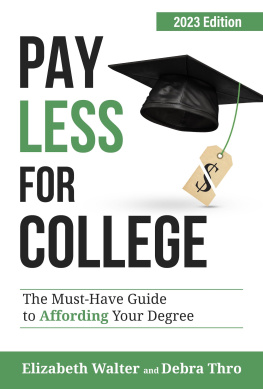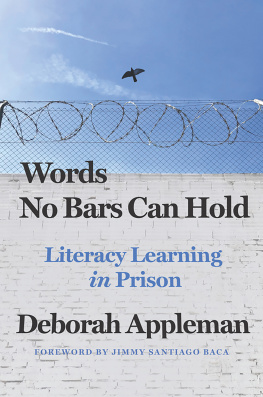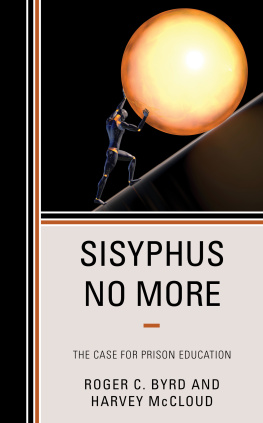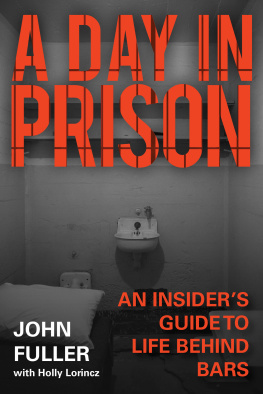Ellen Condliffe Lagemann - Liberating Minds: The Case for College in Prison
Here you can read online Ellen Condliffe Lagemann - Liberating Minds: The Case for College in Prison full text of the book (entire story) in english for free. Download pdf and epub, get meaning, cover and reviews about this ebook. year: 2014, publisher: New Press, The, genre: Politics. Description of the work, (preface) as well as reviews are available. Best literature library LitArk.com created for fans of good reading and offers a wide selection of genres:
Romance novel
Science fiction
Adventure
Detective
Science
History
Home and family
Prose
Art
Politics
Computer
Non-fiction
Religion
Business
Children
Humor
Choose a favorite category and find really read worthwhile books. Enjoy immersion in the world of imagination, feel the emotions of the characters or learn something new for yourself, make an fascinating discovery.

- Book:Liberating Minds: The Case for College in Prison
- Author:
- Publisher:New Press, The
- Genre:
- Year:2014
- Rating:4 / 5
- Favourites:Add to favourites
- Your mark:
Liberating Minds: The Case for College in Prison: summary, description and annotation
We offer to read an annotation, description, summary or preface (depends on what the author of the book "Liberating Minds: The Case for College in Prison" wrote himself). If you haven't found the necessary information about the book — write in the comments, we will try to find it.
Anthony Cardenales was a stickup artist in the Bronx before spending seventeen years in prison. Today he is a senior manager at a recycling plant in Westchester, New York. He attributes his ability to turn his life around to the college degree he earned in prison. Many college-in-prison graduates achieve similar success and the positive ripple effects for their families and communities, and for the country as a whole, are dramatic. College-in-prison programs have been shown to greatly reduce recidivism. They increase post-prison employment, allowing the formerly incarcerated to better support their families and to reintegrate successfully into their communities. College programs also decrease violence within prisons, improving conditions for both correction officers and the incarcerated.
Liberating Minds eloquently makes the case for these benefits and also illustrates them through the stories of formerly incarcerated college students. As the country confronts its legacy of over-incarceration, college-in-prison provides a corrective on the path back to a more democratic and humane society.
Lagemann includes intensive research, but her most powerful supporting evidence comes from the anecdotes of former prisoners who have become published poets, social workers, and nonprofit leaders.Publishers Weekly
Ellen Condliffe Lagemann: author's other books
Who wrote Liberating Minds: The Case for College in Prison? Find out the surname, the name of the author of the book and a list of all author's works by series.











